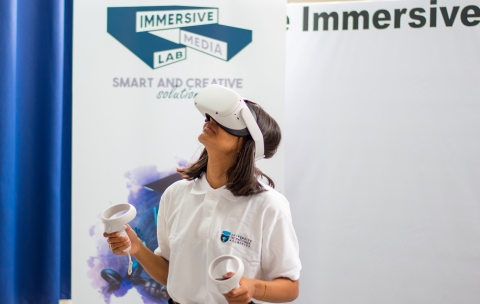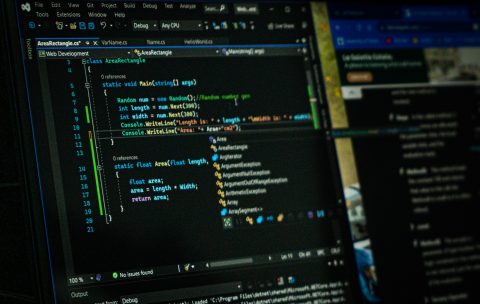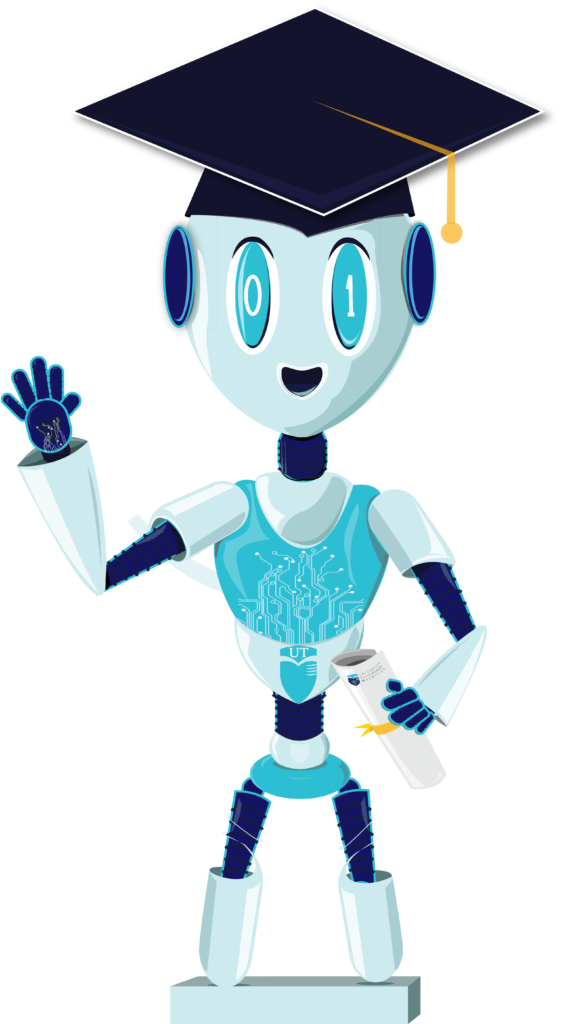All Levels
BEng (Hons.) Electronic Engineering
Programme Information Nowadays, it is almost impossible to find a …
Free
BEng (Hons.) Electronic Engineering
What you'll learn
Analyse and solve engineering problems
Design a system, component, or process to meet a need
Evaluate designs, processes and products, and make improvements
Take a holistic approach in solving problems and designing systems, applying professional judgments to balance risks, costs, benefits, safety, reliability, aesthetics and environmental impact
All Levels
BSc (Hons) Network and Telecommunication Technologies
This BSc (Hons) Network and Telecommunication Technologies programme emphasizes an …
Free
BSc (Hons) Network and Telecommunication Technologies
What you'll learn
Knowledge of the physical and logical principles that determine how data networks and various telecommunications systems work
Ability to integrate multiple technologies in addressing organizational solutions
Demonstrate an understanding of industry-standard best practices in working with telecommunications technologies
Technical skill to design and install to meet a specification and manage a networked system
Display an appreciation of network-based application development
Select and configure appropriate hardware and software to implement a networked system design
Identify and solve problems in the operation of networked systems
Capacity to pursue an independent investigation using learning resources and practical evaluation
Demonstrate critical thinking and communication skills required in a technical environment
Communicate effectively verbally and in writing
Finally, demonstrate sufficient background knowledge to serve as a foundation for continued studies
All Levels
BSc (Hons) Emerging Technologies (Top-Up)
This BSc (Hons) Emerging Technologies Top-Up programme is designed to …
Free
BSc (Hons) Emerging Technologies (Top-Up)
What you'll learn
Identify, formulate, and solve complex computing problems by applying their knowledge from the programme
Communicate effectively with a range of audiences and to function effectively on a team whose members together provide leadership, create a collaborative and inclusive environment, establish goals, plan tasks, and meet objectives
Develop and conduct appropriate applications to capture, store, analyze and interpret data, and draw conclusions in complex environments
Ability to develop innovative applications in the area of mobile computing, the Internet of Things, Cloud computing, and data management
All Levels
BSc (Hons) Software Engineering
Software plays a critical role in almost every field of …
Free
BSc (Hons) Software Engineering
What you'll learn
Appreciate the functioning of a computer system and its operating systems
Understand the principles of data modelling
Solve problems through optimal modelling and implement solutions by developing applications
Design and develop network-based solutions
Communicate both orally and in writing using traditional and electronic media
Understand how a business is organised and relate to how ICT is ubiquitously applied across the different business functions
Identify and solve research problems in the software industry
Define, plan and monitor ICT projects in organisations
Design and develop interactive multimedia applications
Define and implement quality management systems in a software engineering environment
Develop web and mobile applications using a variety of technologies and architectures
Understand the concepts and applications of emerging technologies







